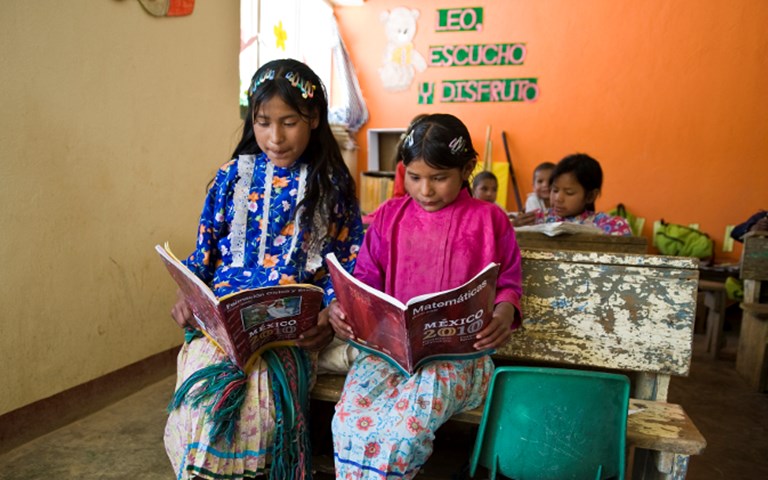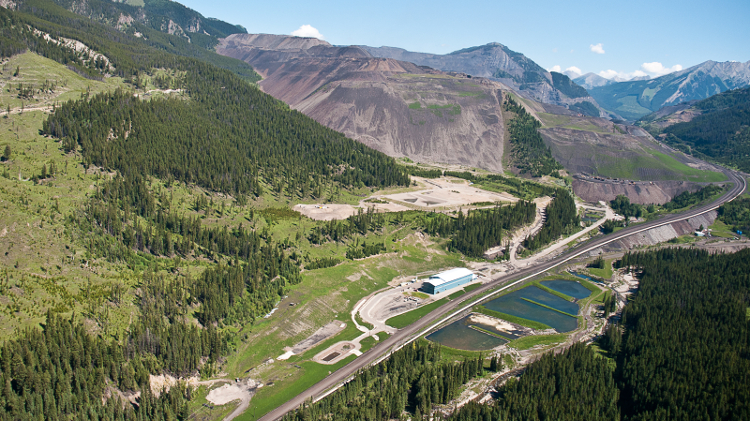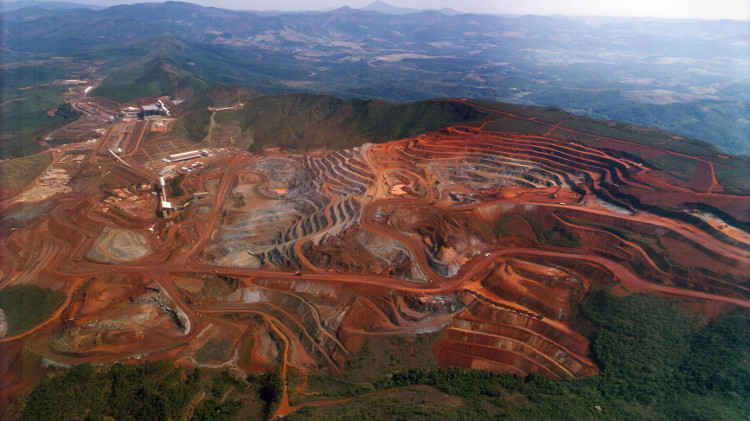The funds from Mexico’s Special Mining Tax and Extraordinary Mining Tax have been “extremely slow” reaching local communities, said Michael Harvey, chairman of the Canadian Chamber of Commerce’s mining task force in Mexico, reducing local employment and limiting miners’ community investment. Courtesy of Goldcorp
Tensions continue to simmer on the part of Canadian mining companies operating in Mexico, largely over the reallocation of special taxes levied on the extractive sector in 2014 by President Enrique Peña Nieto’s government.
Mexico’s Mining Fund was established in January 2014 with the aim of improving the living standards of communities near mine sites, financing a range of infrastructure projects including construction of schools and roads, and the preservation of drinking water and natural areas. The Special Mining Tax applies a 7.5 per cent royalty or tax rate to profits generated by the sales of extractive activities, while the Extraordinary Mining Tax tacks on an additional 0.5 per cent on gross earnings obtained from the sale of gold, silver and platinum. From these new taxes, certain amounts are supposed to be earmarked for reinvestment back into local communities, with 40 per cent going to the mining municipality, 40 per cent to the state government, and 20 per cent to the federal government.
According to Natural Resources Canada, the fund collected MXN$2.1 billion in 2014 and MXN$2.2 billion in 2015 (latest statistics available). Yet, there is little evidence this sum has reached local mining communities, causing anxiety and tensions between Canadian firms and the locals living near their operations.
“So far, none of that money collected, and we’re talking about millions of dollars, has made its way back to the community. And this is creating problems for the companies, in that these communities are anxious and angry,” said Pierre Gratton, president and CEO of the Mining Association of Canada. “Some Canadian companies have been facing protests from communities demanding their royalties, which have already been paid. They protest in the region to try and use these companies to leverage the government. Often, to bring the blockades down, companies are being told locals have to be paid. So in a sense, companies are being told to pay twice.”
Minister of Natural Resources Jim Carr led a large trade delegation to Mexico in January where a memorandum of understanding was signed to address concerns over trade growth, sustainability and taxation in the mining industry where Canadian firms account for 70 per cent of foreign direct investment in that sector of the Mexican economy. Gratton confirmed the tax issues encompassed a large portion of the trade talks, which he attended.
With the long-term corporate tax rate in Mexico expected to remain at 30 per cent, companies like McEwen Mining have labeled the additional taxes as “Risk Factors” in financial reports, citing them as something that “significantly and adversely affects the mining industry.”
“The mining taxes have been a strong negative factor affecting Mexico’s competitiveness over the past years, affecting investment and jobs,” said Michael Harvey, chairman of the Canadian Chamber of Commerce’s mining task force in Mexico. “The funds have unfortunately been extremely slow in reaching local communities, creating the double negative effect of reduced local employment and limited community investment.”
*****
This was one of our favourite stories of the year. To see the full list, check out our Top 10 of 2017 editors' picks.




